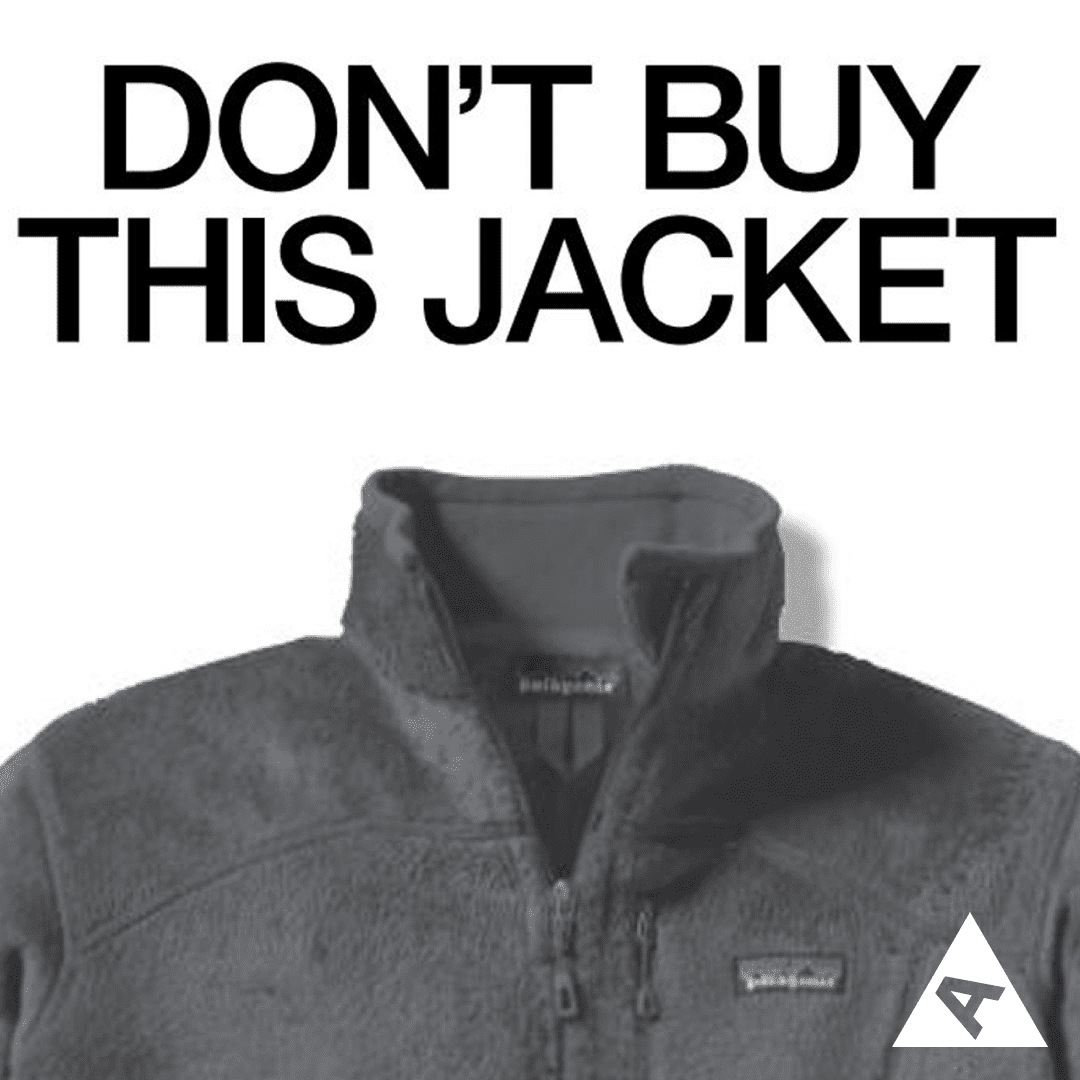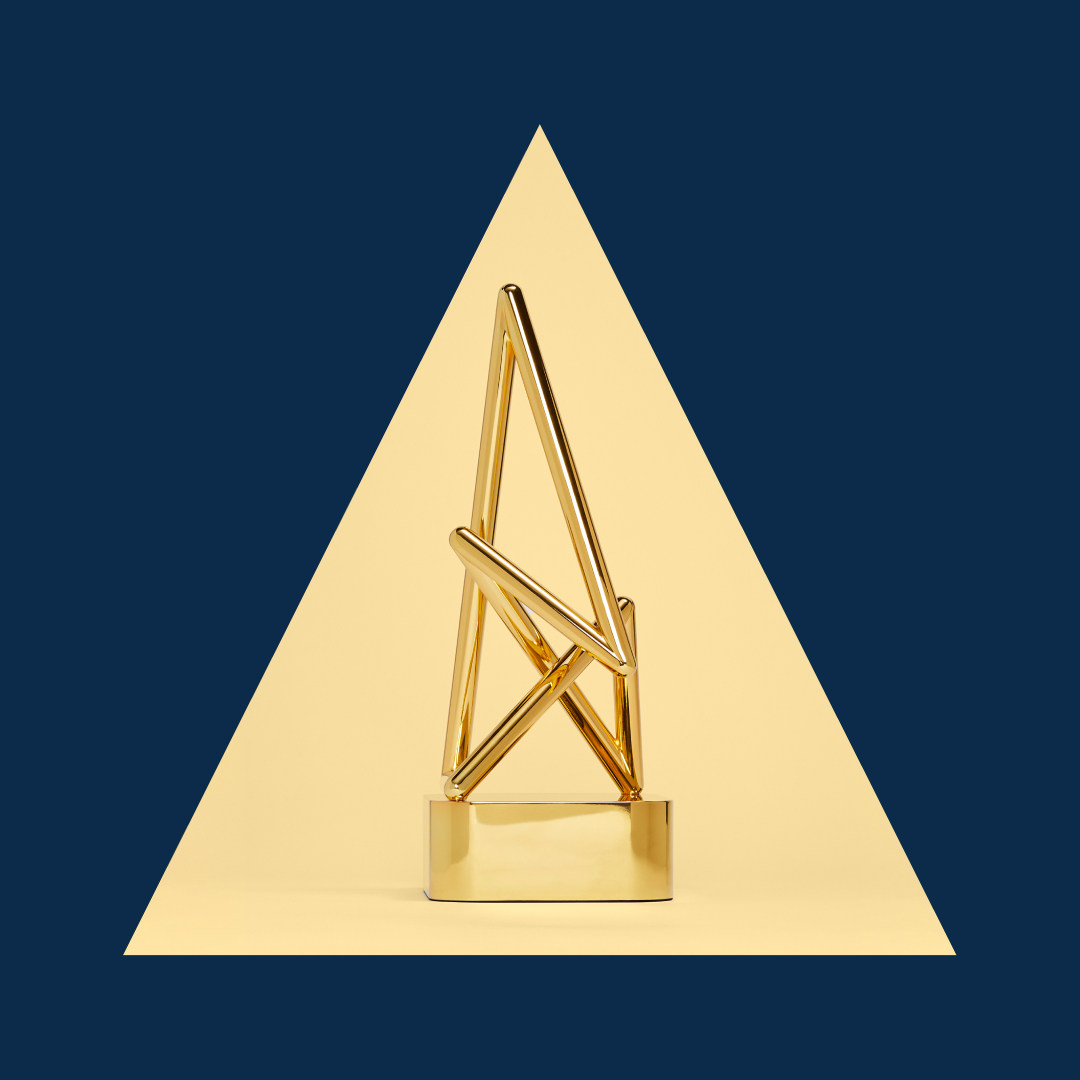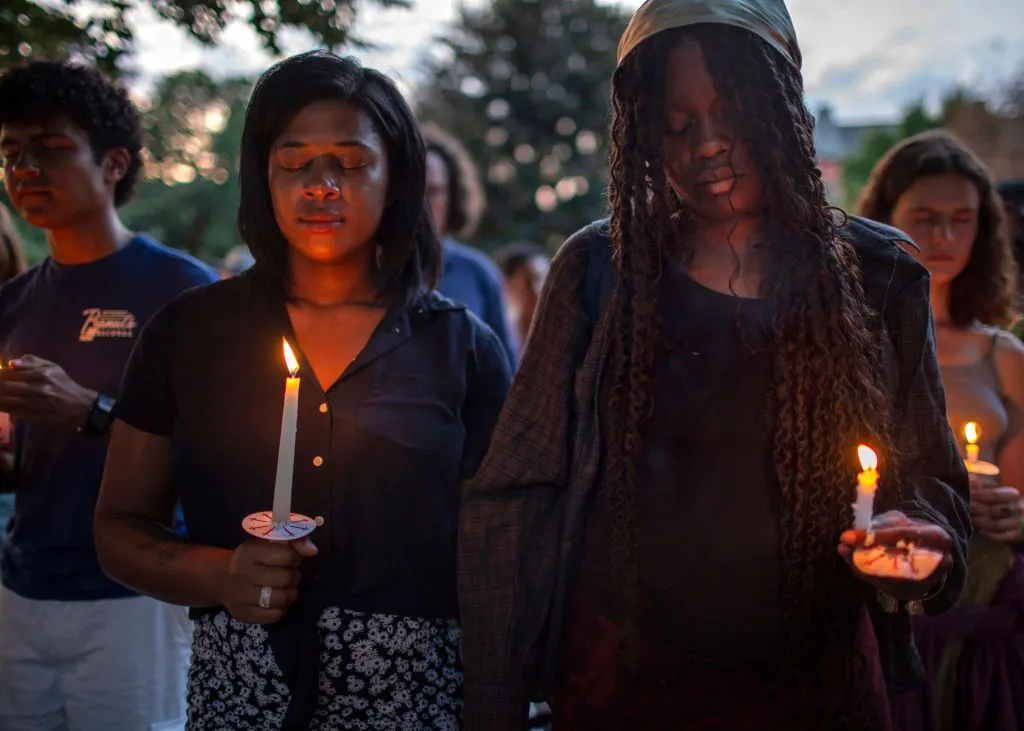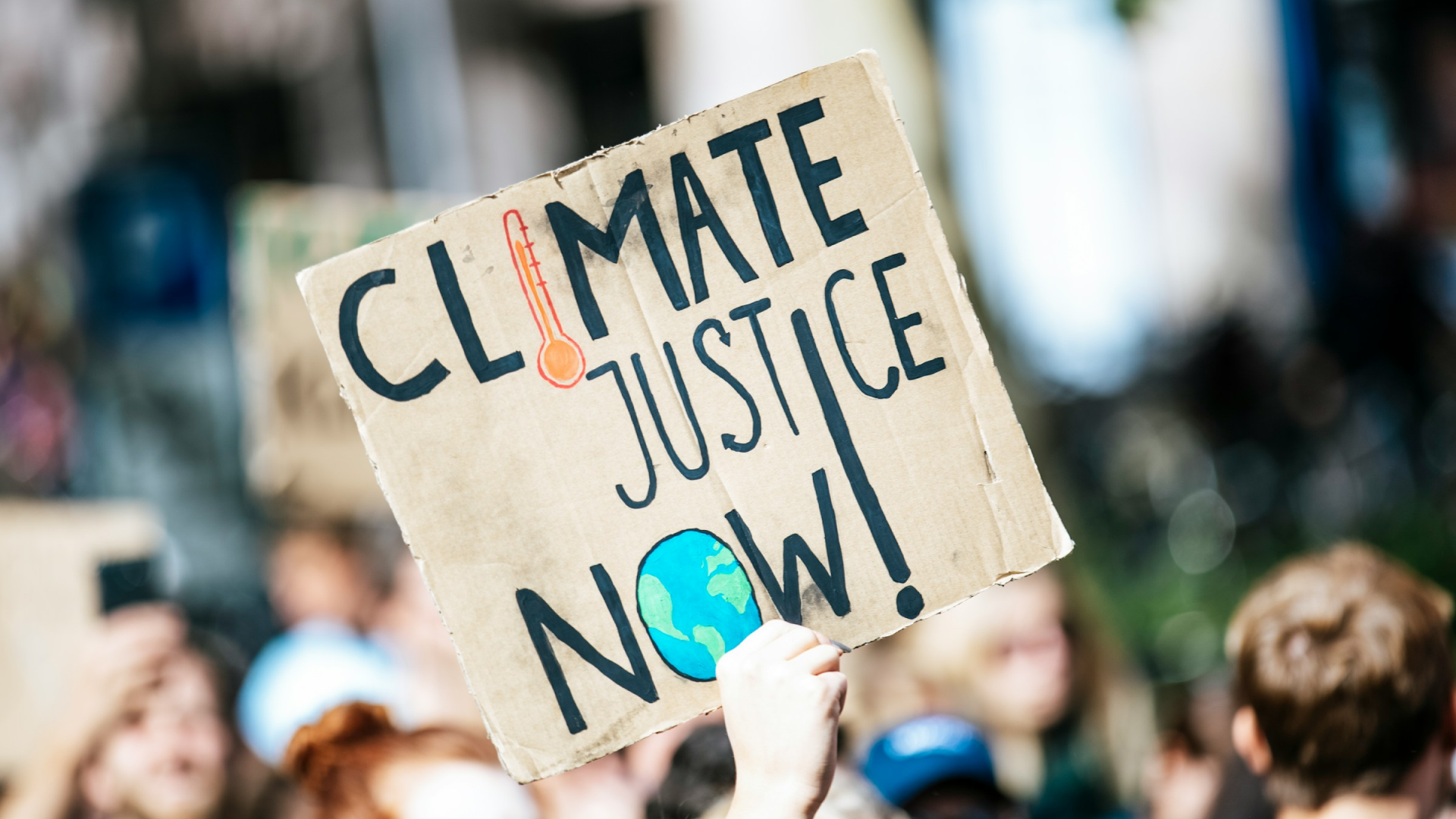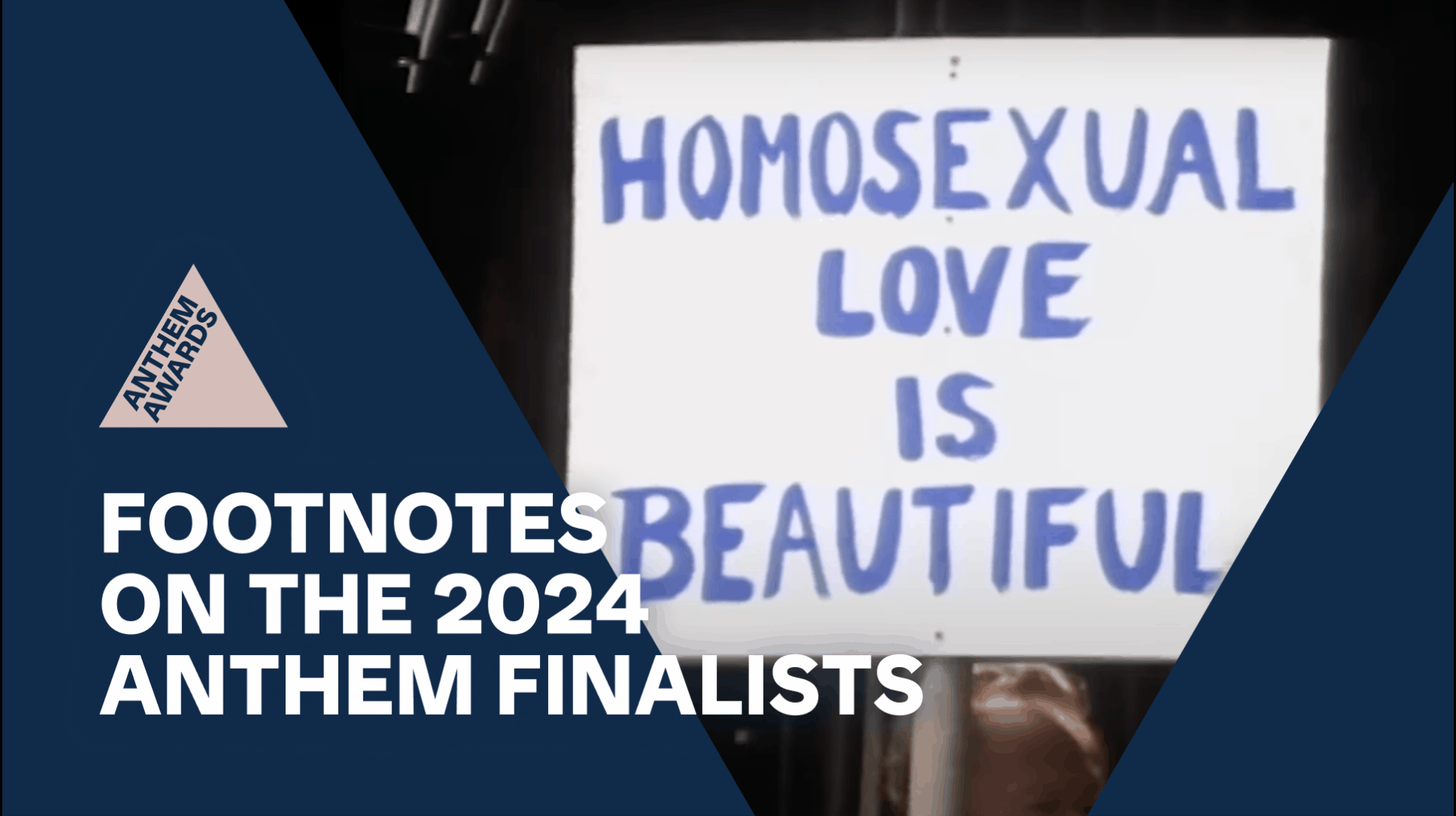What’s Your Why with Phil Collis and Gabriel Diamond from Skoll Foundation
We spoke with Phil Collis, Managing Director of Creative Services, and Gabriel Diamond, Associate Director of Video Production, about what’s fuelling their advocacy.

What’s Your Why is a new series by The Anthem Awards team. We’re asking Anthem jurors to explore the guiding principles that have and continue to shape their journeys in social impact.
Storytelling is crucial—how your mission is framed can make or break your goal. The international organization Skoll Foundation empowers the work of social innovators worldwide by investing in their initiatives, connecting them with one another to drive collective action, and amplifying their impact through engaging storytelling.
From disrupting unjust power dynamics to mobilizing positive policy shifts, the Skoll Foundation helps activists worldwide achieve their missions by strengthening their storytelling. We spoke with Phil Collis and Gabriel Diamond from their team to get a close look at what fuels their vision.
Read on to discover how they strategically bridge gaps in social impact and forge alliances to create meaningful change
Can you tell us a bit about the work you do? How long have you been working in social impact?
Phil: I oversee our storytelling work, event production for the Skoll World Forum, and some of our day-to-day digital strategy work as well as select external media partnerships. Over the years we’ve created some compelling short documentaries that have been instrumental in bringing visibility and funding to organizations that we support, and in certain cases those stories have helped shaped policy decision-making for important social issues around the world.
We’re also incredibly proud of what we’ve built up at our flagship event—the Skoll World Forum—which is now known as one of the leading global events for those working in philanthropy, activism and the non-profit sector. I’ve been lucky enough to be with Skoll for over twenty years and did some creative work with agencies and in the e-learning sector before that.
Why were you drawn to this cause or social issue? Do you have a memory or moment that sparked your interest?
Phil: My involvement with Skoll almost happened by accident through a mutual friend who was looking for someone with a mix of graphic design/web/multimedia expertise. I had always had a passion for using design and media to tell compelling stories, but it was a blessing to be able to put those skills towards a Foundation that wanted to help tell the stories of the organizations it was supporting.
Gabriel: Storytelling has been a core value of our founder Jeff Skoll since the beginning. We strongly believe that there is not enough spotlight on social innovators who are tackling some of the world’s biggest challenges at scale.
What background or lens do you bring to this space? How do they shape the way you tackle projects or initiatives?
Phil: I really must give credit to our amazing team, especially Gabriel Diamond (our Associate Director of Video Production) and our team of videographers and editors. They’re really the ones that are able to listen to our grantees, distil what the social issue is, and unpack how the organization is tackling the issue with a particular approach—all while doing so in a compelling manner.
Gabriel: We’ve found that many organizations, even ones with an incredible record of impact, often struggle to tell their own story. So, our approach is to create a low-pressure, low-lift, casual space for them to reflect and share how they think about the work in novel and vulnerable ways, often from multiple perspectives. It’s not unusual for us to do many hours of interviews to create a 3-5 minute film. Our goal is to take the storytelling burden off the organization and to immerse ourselves into their world, and through editing distil it into a piece where they watch it and say “So THAT’S what we do!”
Phil: Being a foundation also brings a different perspective to this type of storytelling. We’re not focused on a particular issue, and a lot of this work isn’t about telling our story – it’s about a set or grantees. But we’ve seen patterns in how some of our most successful organizations have created change, and often that’s less to do with a particular innovation, and often around collaboration between governments and other NGOs and tackling the root causes of an issue, so we’ll often try and weave those elements into a piece of content.
Gabriel: One of Skoll’s values is “trusting those closest to the challenge” and in our storytelling work, that’s shown up by finding emerging filmmakers in different regions around the world (instead of flying in and filming it ourselves), and that’s led to innovative programs such as the Solutions Storytelling Project which supports matchmaking, mentorship, and project development between Skoll grantees and regional filmmakers.
Who do you do this work for? Which communities are you interested in uplifting through your projects and why?
Phil: At the end of the day, this is all about uplifting the organizations we’ve funded and those that make up the core of the Skoll community. To date we’ve supported over 420 social entrepreneurs and other innovators, and they are the heart and soul of the Skoll World Forum. We hope that the content we make about them brings connections, funding, and awareness about their organization. And if we do that enough, we hope that adds up to our founders’ vision—that of a more sustainable world of peace and prosperity.
Hearing that we’ve helped in some way—whether that’s by grantmaking, connections, or championing their work through storytelling is what keeps us going.
In social impact, the work is long and the road isn’t easy. What is your North Star, principle or philosophy that keeps you going? What keeps you rooted?
Phil: We certainly recognize that doing social impact work, day in and day out is tough and that for every step forward, our organizations will often meet resistance—whether that’s legal or funding challenges—or unexpected disasters.
But what keeps us rooted is the belief that this community is stronger together, and that we play a small part in connecting the people that work in those organizations, so that they can find strength, support, and talk openly about the challenges they face.
Gabriel: It’s why you’ll often find that content we develop for the Skoll World Forum event often tackles themes of vulnerability, empathy, and inspiration, such as our recent “It’s Not About The Question” short film.
Part of what philanthropy is uniquely able to bring to the social change space is risk capital. That applies both to funding and the kinds of stories we tell. We were able to take a risk with films like “Strangers In Boxes,” where we gathered global social change leaders on a Zoom call in the midst of the COVID lockdown to give these strangers a chance to connect in a tender, playful, and deeply meaningful way across vastly different regions and issue areas. The experiment in connection culminated in a film with a pretty good average for making people cry in under 5 minutes. Similarly with “The Space Between Us,” while so many were triggered and traumatized after George Floyd’s murder, this film showed a simple and accessible process for people to come together across divides, bravely explore the complexities and pain around racial reckoning, and heal, together.
Did you ever want to give up? How did you overcome that?
Phil: Burnout is a real issue, and I also think it can be frustrating to put a lot of effort into a piece of content and not see it get the recognition or create the impact we had hoped. But that pales in comparison to the challenges that those on the front lines of these face, and hearing that we’ve helped in some way—whether that’s by grantmaking, connections, or championing their work through storytelling is what keeps us going.
Can you share three bodies of work (books, essays, projects, music, etc) that inspire your own?
- Soul Pancake series, especially the ones around connecting strangers, eye contact, and gratitude.
- “The 50 People 1 Question” series – so beautifully captured unscripted beauty of people’s dreams, frustrations, and heartbreak.
- “The California Is A Place” series by Drea Cooper – that was the first time I saw the potential for accessible DSLR cameras to capture truly cinematic imagery.
- Ethical Storytelling – has been an invaluable guide to help us think through and shift the ways we tell stories, portraying people with agency, and understanding the nuances and pitfalls of power dynamics, particularly around informed consent and ultimately who gets to tell the story.
- Errol Morris’ “Why Bring A Child Into This World?” short film.
- Charity Water’s films are stellar. The 2013 India one especially.
- Follow The Frog – one of the funniest and most effective green promotional films ever.
- Mama Hope’s “African Men. Hollywood Stereotypes” is a must-see, especially for Western filmmakers working on the continent.
Interested in celebrating your impact work at The Anthem Awards? Please reach out to marycharles@anthemawards.com for more information.


